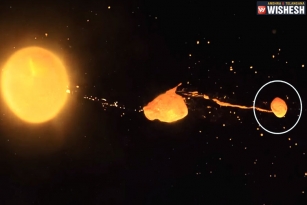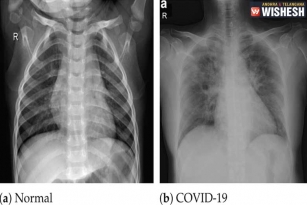
Good news for the ailing claim British scientists. The Scientists ascertain that for the first time in the history of medical science, a human body parts growing lab has been established. This would turn the need for organ-donation obsolete. Prof Alexander Seifalian is the man behind this tremendous achievement along with his team. The Professor is the Head of University College London's (UCL) Department of Nanotechnology and Regenerative Medicine, and his lab is the place where all these are developed. 'We are the first in the world working on this,' the Daily Mail quoted Prof Seifalian as saying. The lab is actually focusing on growing replacement organs and body parts to order, using a patient's own cells.
For creating a nose, "This is a nose we're growing for a patient next month. It's a world first. Nobody has ever grown a nose before," Prof Seifalian.
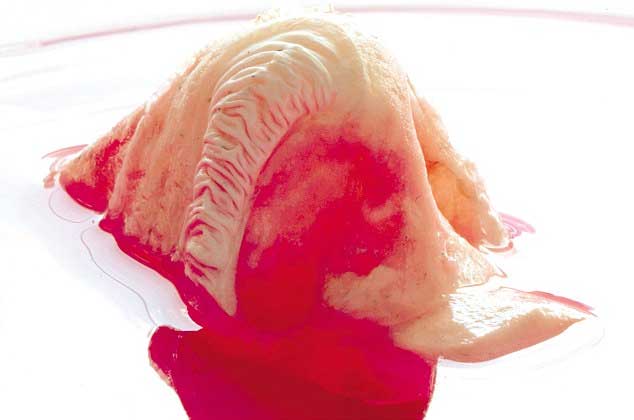
Looking like very thin Latex rubber, the polymer is made up of billions of molecules, each measuring just over one nanometre (a billionth of a metre), or 40,000 times smaller than the width of a human hair. Working at molecular level allows the material itself to be intricately detailed.’ Inside this nanomaterial are thousands of small holes. 'Tissue grows into these and becomes part of it. It becomes the same as a nose and will even feel like one,' Prof Seifalian said. Adding, `it doesn't go directly onto the face but will be placed inside a balloon inserted beneath the skin on their arm. After four weeks, during which time skin and blood vessels can grow, the nose can be monitored, then it can be transplanted to the face.’
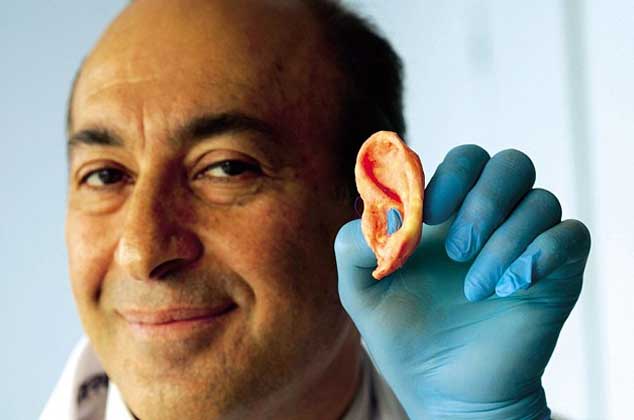
The bio-material is the patented property of the lab, has been kept under wraps. Prof Seifalian and his team are focusing on growing replacement organs and body parts to order using a patient's own cells. By using the cells of the concerned the rejection theory would not stand in the way of a transplant.
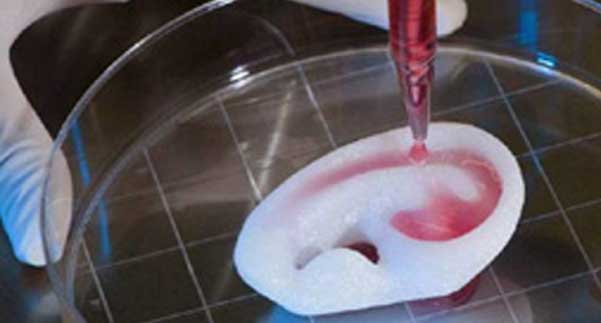
In fact the team has also designed a windpipe ‘scaffold’ used in an operation in Sweden announced by the Karolinska University Hospital and Karolinska Institute. Together with Professor Paolo Macchiarini at Karolinska, who also holds an honorary appointment at UCL, Prof Seifalian designed and developed the trachea scaffold using a material known as a novel nanocomposite polymer.
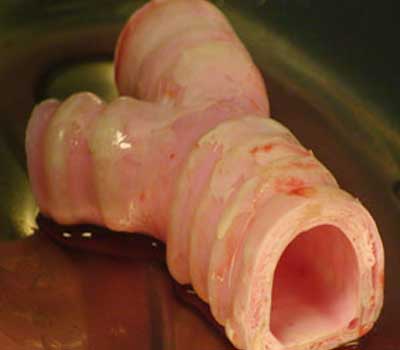
Professor Seifalian said: “Professor Macchiarini has previously performed successful transplants of tissue engineered tracheas, but on those occasions the tracheas used were taken from organ donors and then reseeded with the patient’s own stem cells. What makes this procedure different is it’s the first time that a wholly tissue engineered synthetic windpipe has been made and successfully transplanted, making it an important milestone for regenerative medicine. We expect there to be many more exciting applications for the novel polymers we have developed.”
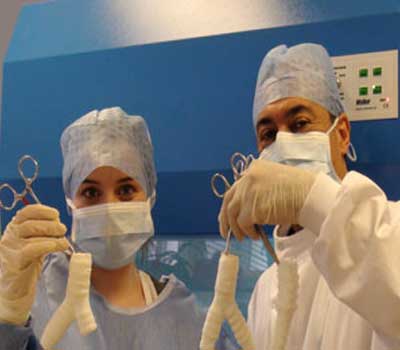
The advancement in this area would mean real good news to the patients globally who need transplants of organs. Once the costs are affordable, which is bound to happen over a period of time, then most patients will have the opportunity to avail such advanced facilities. (With Inputs from Internet- Aarkay)



